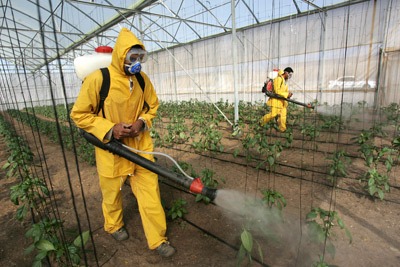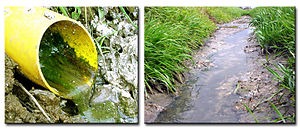
In recent days, it was known that 19.5% of the fresh vegetables produced in Costa Rica have levels of contamination of pesticide residues above what is nationally permitted in the Technical Regulation of Maximum Residue Limits of Pesticides in Vegetables and the Use of Prohibited Pesticides, as stated by the Waste Control Unit of the Department of Pesticides of the State Phytosanitary System, published on June 10th.
According to the report, 35% of the analyzed food are free of pesticide residues, while 65% contain traces of Agrochemicals. 5,186 samples of vegetables, fruits and vegetables were analyzed during 2019. Of these 3,482 samples were products with the intention of importation (samples taken at customs) and 1,704 were directly produced in the country.
Pesticides causing great damage
Henry Picado Cerdas, a member of the Biodiversity Coordination Network and the Ecological Federation (FECON), along with local farmers, have spent years denouncing the implementation of pesticides such as Carbofuran and Ometoato prohibited under Executive Decree No. 38713-MAG-S-MINAE- MTSS. Carbofuran, is a highly toxic insecticide that generates injuries to human organs organs.

Other Agrochemicals, such as Fipronil, Clopyrifos Metamidofós and Cypermethrin found in the samples of fresh vegetables carry the highest residue content. It is worth noting that these pesticides have been defined globally to cause damage to the cognitive development of children, such as the case of Chlorpyrifos. For Picado, there is no initiative on the part of the Executive Branch to lower the levels of contamination with pesticide residues in food, nor to control the pesticide market.
What happened in previous years?
It turns out that Costa Rica imported a record 18.6 million tons of active ingredients for Agrochemicals in 2018. It is necessary that measures are taken as soon as possible, to avoid further negative consequences and that, additionally, the country with such wonderful biodiversity continues to be considered also with a reputation for enormous consumption of Agrochemicals.

